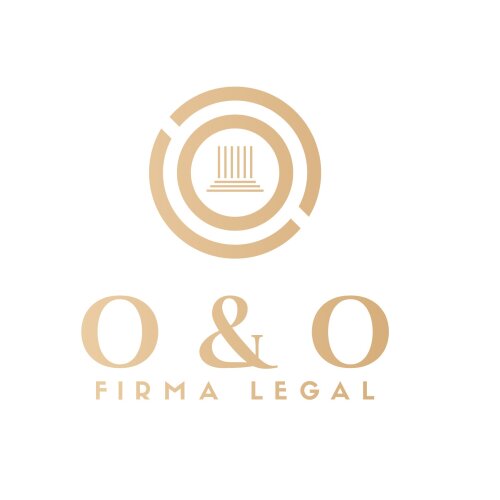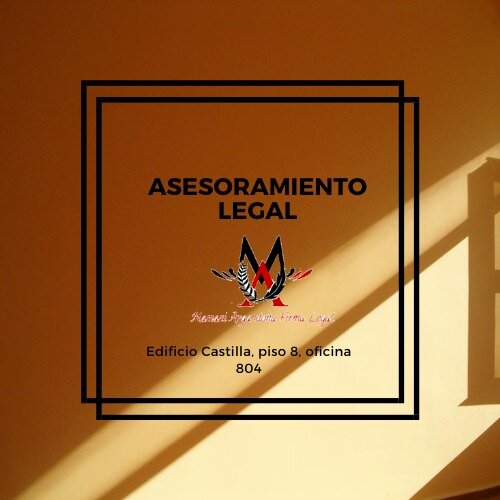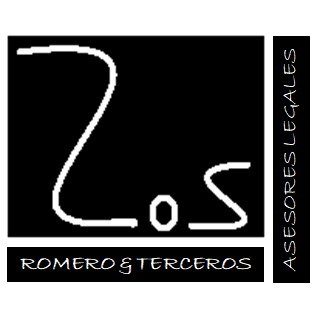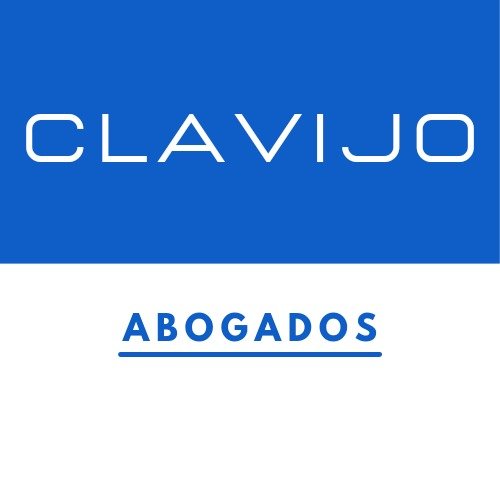Best Corporate Governance Lawyers in La Paz
Share your needs with us, get contacted by law firms.
Free. Takes 2 min.
List of the best lawyers in La Paz, Bolivia
About Corporate Governance Law in La Paz, Bolivia
Corporate Governance in La Paz, Bolivia refers to the systems, principles, and processes by which companies are directed and controlled. It ensures that businesses are run in a transparent, ethical, and accountable manner, balancing the interests of shareholders, management, customers, suppliers, financiers, government, and the broader community. In Bolivia, Corporate Governance is influenced by local commercial regulations, international best practices, and sector-specific requirements, which help create a framework for integrity and efficiency in company operations.
Why You May Need a Lawyer
There are numerous situations in which seeking legal advice regarding Corporate Governance in La Paz is essential. These common scenarios include:
- Establishing a new business or corporation and ensuring its structure complies with Bolivian law.
- Drafting or reviewing company bylaws, articles of incorporation, and internal regulations.
- Handling disputes among shareholders, directors, or management.
- Navigating mergers, acquisitions, or significant changes in corporate structure.
- Ensuring proper reporting and compliance with government entities such as the Commercial Registry (Registro de Comercio) and authority for company oversight (Autoridad de Supervisión del Sistema Financiero).
- Addressing conflicts of interest, fraud, or breaches of fiduciary duty.
- Adapting to changes in national company law, regulatory requirements, or international Corporate Governance guidelines.
- Providing training and guidance to boards of directors or committees on best practices and legal obligations.
A specialized lawyer can help prevent costly mistakes, represent your interests, and ensure that your organization is managed in accordance with the law.
Local Laws Overview
Corporate Governance in La Paz is shaped by a blend of national laws and local regulations. Some key aspects include:
- Commercial Code of Bolivia: This code provides the legal foundation for corporate structure, management responsibilities, shareholder rights, and dispute resolution procedures.
- Bolivian Company Law: Rules govern types of companies (such as Sociedades Anónimas and Sociedades de Responsabilidad Limitada), as well as the respective duties of shareholders, directors, and officers.
- Financial and Market Supervision: Entities operating in financial or capital markets are subject to additional oversight by specialized regulatory authorities, which impose strict governance, reporting, and transparency standards.
- Corporate Registry Requirements: Registration, updating company information, and document filing at the Registro de Comercio are mandatory prerequisites for compliance.
- Anti-corruption Measures: Enhanced legal frameworks and oversight mechanisms aim to prevent illicit practices and promote accountability among corporate leaders.
- Tax and Labor Laws: Corporate operations must consider obligations toward both employees and public finances, aligning with tax and labor legislation in Bolivia.
Frequently Asked Questions
What is Corporate Governance and why is it important in Bolivia?
Corporate Governance refers to the framework of rules, practices, and processes by which a company is directed and controlled. It is important in Bolivia to ensure that businesses operate transparently, ethically, and comply with legal standards, protecting all stakeholders.
Who oversees Corporate Governance in La Paz, Bolivia?
Corporate Governance is mainly overseen by the company itself, especially by shareholders’ meetings and boards of directors. In regulated sectors, government authorities such as the Autoridad de Supervisión del Sistema Financiero or the Autoridad de Supervisión del Mercado de Valores may also play a role.
What are the primary legal documents involved in Corporate Governance?
Key documents include articles of incorporation, company bylaws, shareholder agreements, meeting minutes, and internal policies on ethics and compliance.
What are the responsibilities of directors and officers under Bolivian law?
Directors and officers must act in good faith, in the best interest of the company, comply with legal obligations, and avoid conflicts of interest or negligent practices.
How are disputes among shareholders resolved?
Disputes may be resolved through internal company mechanisms, mediation, or civil court proceedings. Company bylaws often provide specific procedures for resolving disagreements.
Are foreign investors subject to different Corporate Governance rules?
Foreign investors generally follow the same Corporate Governance rules as domestic ones, but sector-specific or foreign investment regulations may apply in some industries.
Is it mandatory to have a board of directors in every company?
The requirement for a board of directors depends on the type of company. For example, Sociedades Anónimas must have a board, while smaller companies or limited liability companies (SRLs) have different structures.
What are the common risks of poor Corporate Governance?
Risks include legal penalties, loss of reputation, financial losses, shareholder disputes, regulatory intervention, and difficulties attracting investors or partners.
How can a company ensure compliance with Corporate Governance laws?
By regularly reviewing internal policies, training directors and staff, maintaining accurate records, consulting legal counsel, and staying updated with law changes.
Where should required Corporate Governance documents be filed in La Paz?
Most company documents are filed with the Registro de Comercio (Fundación para el Desarrollo Empresarial, Fundempresa) and, where applicable, with sector regulators.
Additional Resources
For more information on Corporate Governance in La Paz, Bolivia, the following entities and resources can provide support:
- Registro de Comercio (Fundempresa) for company registration and document filing requirements.
- Autoridad de Supervisión del Sistema Financiero (ASFI) for financial institution governance standards.
- Autoridad de Supervisión del Mercado de Valores (ASMV) for securities market oversight.
- Ministry of Economy and Public Finance for general business and regulatory guidelines.
- Local bar associations and chambers of commerce for access to legal professionals.
- Business development and entrepreneurship centers offering legal workshops and seminars.
- Published legal guides, academic texts, or government booklets explaining company law in Bolivia.
Next Steps
If you require legal assistance with Corporate Governance in La Paz, Bolivia, consider the following steps:
- Clearly define your goals or concerns related to your company’s governance.
- Gather relevant company documents, such as bylaws, board minutes, and shareholder agreements.
- Research local law firms or independent lawyers specializing in commercial or corporate law.
- Book an initial consultation to discuss your situation and receive preliminary advice.
- Follow your lawyer’s recommendations for compliance, dispute resolution, or long-term Corporate Governance improvements.
- Remain proactive by staying informed of changes in law and updating your company’s practices as needed.
Seeking professional legal counsel is the best way to protect your business and ensure sound Corporate Governance in La Paz.
Lawzana helps you find the best lawyers and law firms in La Paz through a curated and pre-screened list of qualified legal professionals. Our platform offers rankings and detailed profiles of attorneys and law firms, allowing you to compare based on practice areas, including Corporate Governance, experience, and client feedback.
Each profile includes a description of the firm's areas of practice, client reviews, team members and partners, year of establishment, spoken languages, office locations, contact information, social media presence, and any published articles or resources. Most firms on our platform speak English and are experienced in both local and international legal matters.
Get a quote from top-rated law firms in La Paz, Bolivia — quickly, securely, and without unnecessary hassle.
Disclaimer:
The information provided on this page is for general informational purposes only and does not constitute legal advice. While we strive to ensure the accuracy and relevance of the content, legal information may change over time, and interpretations of the law can vary. You should always consult with a qualified legal professional for advice specific to your situation.
We disclaim all liability for actions taken or not taken based on the content of this page. If you believe any information is incorrect or outdated, please contact us, and we will review and update it where appropriate.















